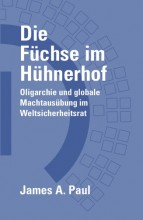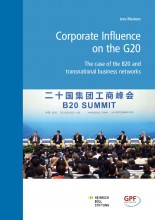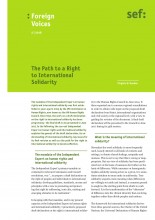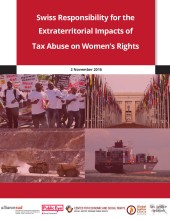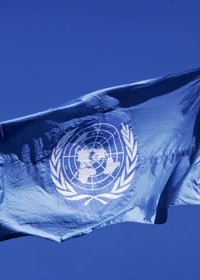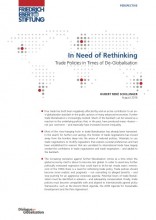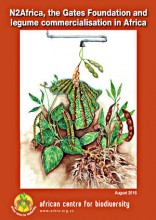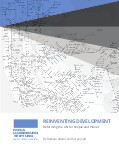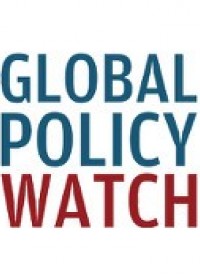
By Sarah Dayringer
The UN Secretary-General Antonio Guterres, in his 25 September 2018 address to the General Assembly, painted a bleak and commonly held perspective on our times:
“World order is increasingly chaotic. Power relations are less clear. Universal values are being eroded. Democratic principles are under siege. The rule of law is being undermined. Impunity is on the rise, as leaders and states push the boundaries at home and in the international arena. We face a set of [...]

